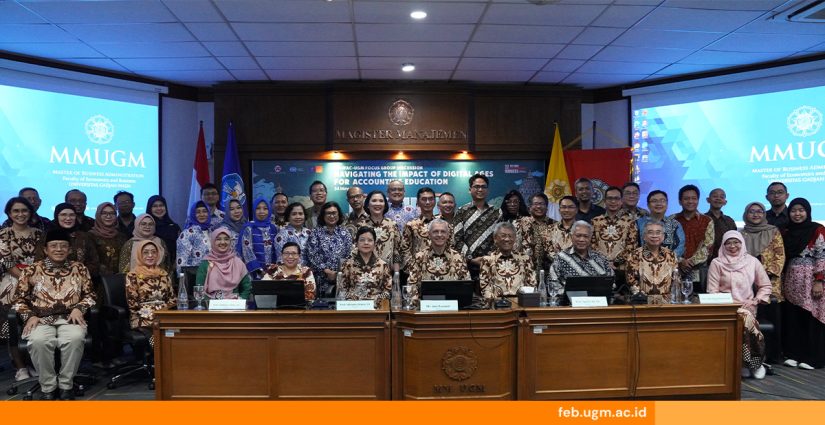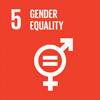
Can current accounting education equip students to become accountants ready to face the digital era? As technology and artificial intelligence rapidly evolve, future accountants must develop strong ethics and adaptability.
Jean Bouquot, President of the International Federation of Accountants (IFAC), highlighted how the accounting profession is rapidly evolving and offers promising prospects for the future. He attributed this growth to emerging global challenges and opportunities, including the widespread adoption of artificial intelligence (AI) technologies.
Despite the widespread use of AI, Jean Bouqout emphasized that accountants still have a key role in maintaining public trust, which must start with ethical value-based education at university. “You are the bridge to forming accountants who not only master technical skills, but also have a global perspective and professional values,” he said.
“Accountants must begin their careers with a solid foundation of ethical values to maintain their reputation and public trust, and universities play a key role in shaping that foundation. As professors, academic leaders, and lecturers, you play a crucial role in bridging aspirations with real impact for both the profession and society,” he added during a Focus Group Discussion (FGD) with accounting academics and practitioners at the IAI APAFest 2025, held at MM FEB UGM on Saturday (24/05/2025). The FGD aimed to offer solution-oriented dialogue by aligning accounting education, professional standards, and ethical responsibilities with future demands.
Jean Bouquot emphasized that mastering technical skills no longer suffices in today’s increasingly dynamic era. He urged universities to equip students with an adaptive mindset, global perspectives, and strong professional values to prepare them as relevant accountants. He noted that professional accountants must do more than keep up with developments; they must adapt quickly, think critically about new information, and uphold ethical standards.
“The accounting profession can only survive and be respected if it is run with ethics and trust. I believe the main task of an accountant is to set an example both technically and in terms of personal and professional integrity,” he said.
Member of the National Council of the Indonesian Accountants Association (IAI), Prof. Lindawati Gani, added that educators have a role in shaping the mindset and ethical values from the beginning of students entering the accounting world based on the International Education Standards (IES).
“The educational approach should be carried out in an integrative manner by combining technical and ethics in a unified learning process, so that accounting graduates are truly ready to face professional demands that are not only labeled as numerical experts but also trusted individuals,” said Linda.
IFAC Board Member, Prof. Sidharta Utama, emphasized that the task of accountants is not only to prepare financial statements. Accountants also have the role of providing information and recommendations that are valuable for managerial decision-making.
“It is important for accountants to embrace lifelong learning because future challenges cannot always be predicted. Moreover, technical work such as recording transactions has the potential to be replaced by machines, so that accountants must continue to improve their competence,” he explained.
Meanwhile, Professor of Accounting at FEB UGM, the IAI Professional Accountant Certification Board, Prof. Syaiful Ali, highlighted the reality of rampant layoffs due to technological disruption, including auditors. He revealed that as many as 1,500 auditors and technology staff in the United States experienced layoffs from one large firm, which is a sign that the industry is changing drastically due to technological disruption.
Facing these challenges, he also invited all accounting educators to update the accounting education curriculum to be relevant to the times and teach the ethics of using technology comprehensively.
Reportage: Shofi Hawa Anjani
Editor: Kurnia Ekaptiningrum
Sustainable Development Goals











